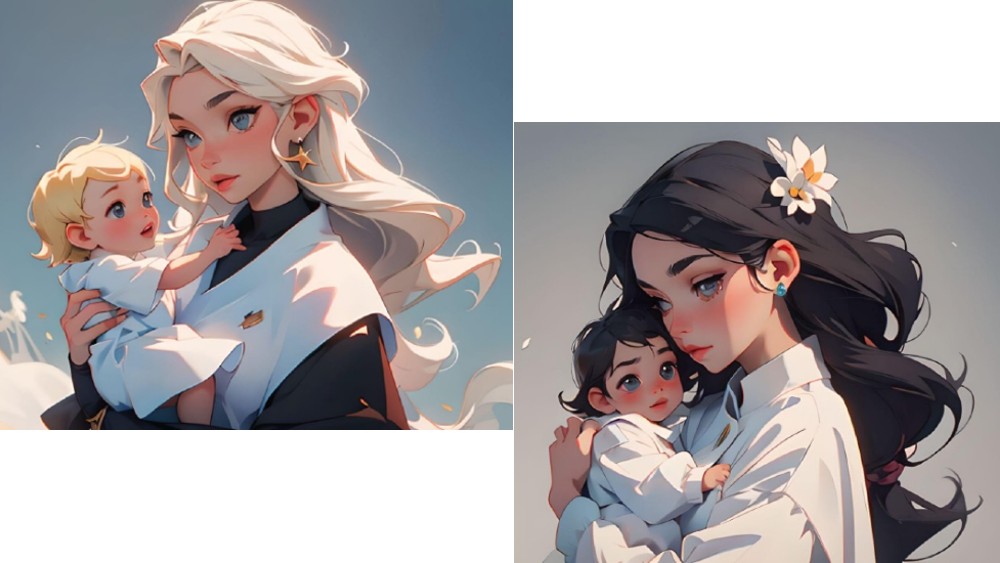Leftists erase the virtues of kindness and service to others
Both the Barbie movie and the upcoming Snow White remake reveal how feminism is attacking qualities that make a society livable.
Leftists are celebrating the new Barbie movie, and conservatives are attacking it for the same reason: It’s a celebration of feminism based on the contention that all of the world’s ills come about because men are toxic. That’s it. That’s the movie in a nutshell. It’s a movie that works to separate men and women by making each intensely dislike the other.
I think that’s terribly sad because I like men. I’m not speaking in a sexual sense. I’m simply saying that I like men, and I like them because they’re not women. This is not to denigrate women. I’ve always had wonderful friendships with women and they’ve all added to the pleasure I get from life.
But I like men, too. I like the way they look, I like their strength, I like the different way they view the world and, when they’re well-adjusted, I like the fundamental kindness they show me. They’re not bitchy (women so are), and they’re instinctively protective. This protection also includes courage because you cannot protect someone if you are too fearful to act.
That’s what men — healthy men in a healthy society — bring to women. And what do women bring to men? Frankly, nurturing and kindness. And that’s what you see in the original Disney princess movies.
Contrary to feminists, in the old Disney princess movies, the women were not just waiting to be saved. Indeed, one of the striking things about the old movies is what a small role the men play. Even in Sleeping Beauty, which gives the prince a more proactive role, the important character is Sleeping Beauty, and that’s true despite her…well, sleeping.
What these princesses were doing was being kind and nurturing despite extremely difficult circumstances. I’ve written for years that kindness is an incredibly important virtue that’s too often denigrated or ignored in America. But honestly, can you think of a single interaction with someone kind that left you feeling worse about life? Was there a time when you were tired or sad that you resented someone nurturing you?
Whether it’s Snow White, Cinderella, or even Pollyanna, the message the Disney movies send is this: If you are kind, moral, and caring, you make of yourself a person who is worthwhile. You don’t have to pick up a sword or become a corporate executive to be valuable. You can be fully realized by being a good person. And moreover, if you are that kind of person, you will likely be a good mother and, as Cornelia, Mother of the Gracchi, understood, children are our true treasures.
I know what I’m speaking of because I’ve run the gamut from feminist to old-fashioned. When I was dating and early in my marriage, I was a FEMINIST (and that was despite liking men). Men were toxic. Men took the good jobs. Men had unearned merit. Women were more than just broodmares, etc. I can tell you that this attitude is not good for a marriage.
However, when children came along, I had to relearn everything or destroy them. The most important thing I learned is that, by being the most decent person possible (not the most feminist), everything in my life improved. When I shifted my focus from resentment to kindness and nurturing, I became happier. I had more friends, parenting was easier, and I am rewarded every day by the love and respect I get from my adult children.
What I did wasn’t easy for me because I’m not naturally either kind or nurturing, but the return on effort was greater than anything I ever got from my work.
That’s why it strikes me as so sad that the upcoming Disney movie, in addition to jettisoning a princess whose skin is whiter than snow, seven little men, and America’s long connection to western culture, is also throwing overboard Snow White’s core strength: She is kind, cheerful, and nurturing. Now, she’s apparently some kickass warrior who doesn’t need anyone, let alone a man who will bring his own virtues to complement hers:
Rachel Zegler and Gal Gadot, the difference between the two is huge and noticeable.
Disney wants us to believe that the Queen (Gal) is jealous of #SnowWhite (Rachel).
On the same level as the explanation of Triton’s multiracial daughters.
Are you still paying #Disney? pic.twitter.com/3Tfc4cdnJM
— Mechanical Soul 🤖 (@MechSoul1) July 23, 2023
A society without kindness is going to be a very tough place in which to survive. More and more, I find myself grateful that I’ve probably got, at the very, very best, thirty years more in my life and, more likely fifteen or twenty. But I’m awfully sorry for my kids and, if there are any, for my grandchildren.

